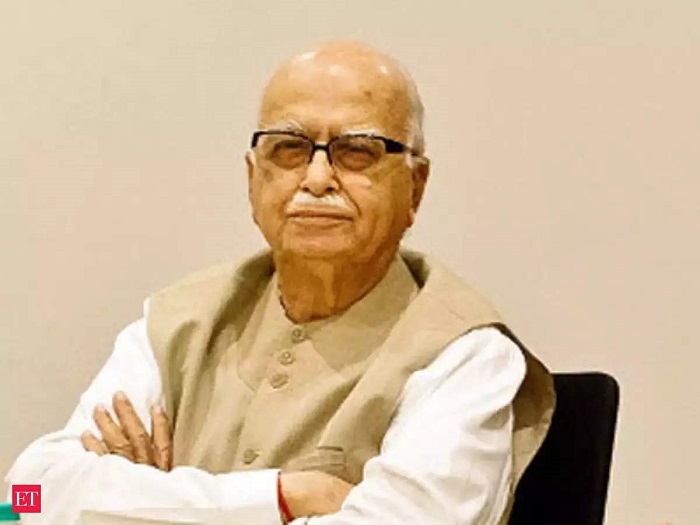Lal Krishna Advani, born on November 8, 1927, is a prominent Indian politician who held the position of the 7th Deputy Prime Minister of India from 2002 to 2004. He played a pivotal role as one of the co-founders of the Bharatiya Janata Party (BJP) and has been associated with the Rashtriya Swayamsevak Sangh (RSS), a right-wing Hindu nationalist volunteer organization.
With an illustrious political career, Advani holds the record for being the longest-serving Minister of Home Affairs, serving from 1998 to 2004. He also holds the distinction of being the longest-serving Leader of the Opposition in the Lok Sabha. Additionally, he was the prime ministerial candidate of the BJP during the 2009 general elections.
Advani was born in Karachi and migrated to India during the Partition, settling in Bombay where he pursued his college education. He joined the RSS in 1941 at the age of fourteen and worked as a pracharak in Rajasthan. In 1951, Advani became a member of the Bharatiya Jana Sangh, founded by Syama Prasad Mookerjee, and held various positions within the party, including in parliamentary affairs, as general secretary, and president of the Delhi unit.
Over the years, Advani held significant positions in both state and national politics. He served as the chairman of the First Delhi Metropolitan Council from 1967 to 1970 and was elected to the Rajya Sabha for four terms till 1989. In 1980, he played a key role in the formation of the BJP along with Atal Bihari Vajpayee and served as its president three times.
Advani’s political journey has not been devoid of controversies. He was accused of involvement in the Demolition of the Babri Masjid in 1992, although he was acquitted due to lack of evidence. He was a prominent figure in the movement to build a temple at the disputed Ram Janmabhoomi site in Ayodhya, which contributed to the rise of Hindutva politics in the late 1990s.
In recognition of his contributions to Indian politics, Advani was awarded the Padma Vibhushan in 2015, India’s second-highest civilian honor. In 2024, he was honored with the Bharat Ratna, India’s highest civilian award, further solidifying his legacy in the country’s political landscape.


